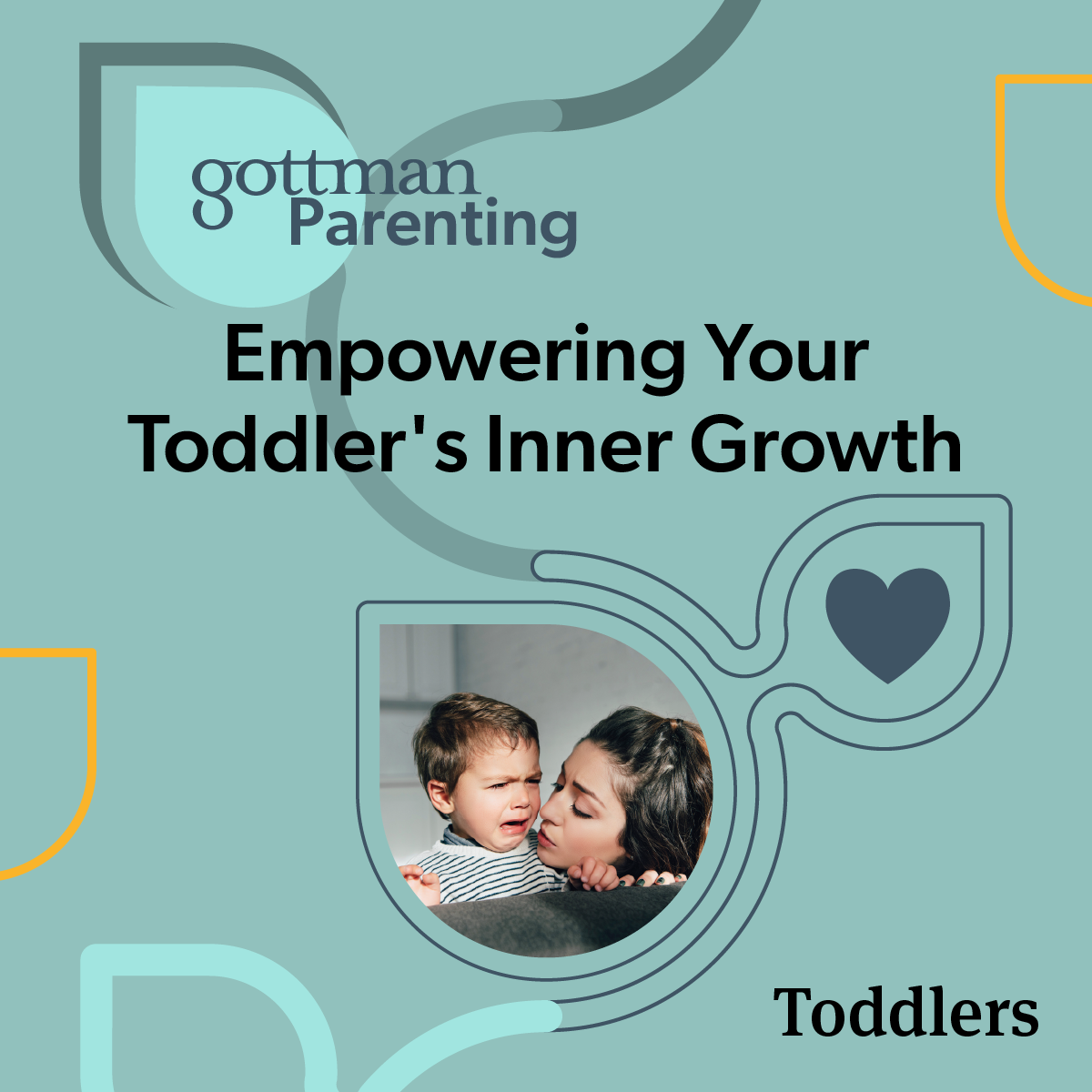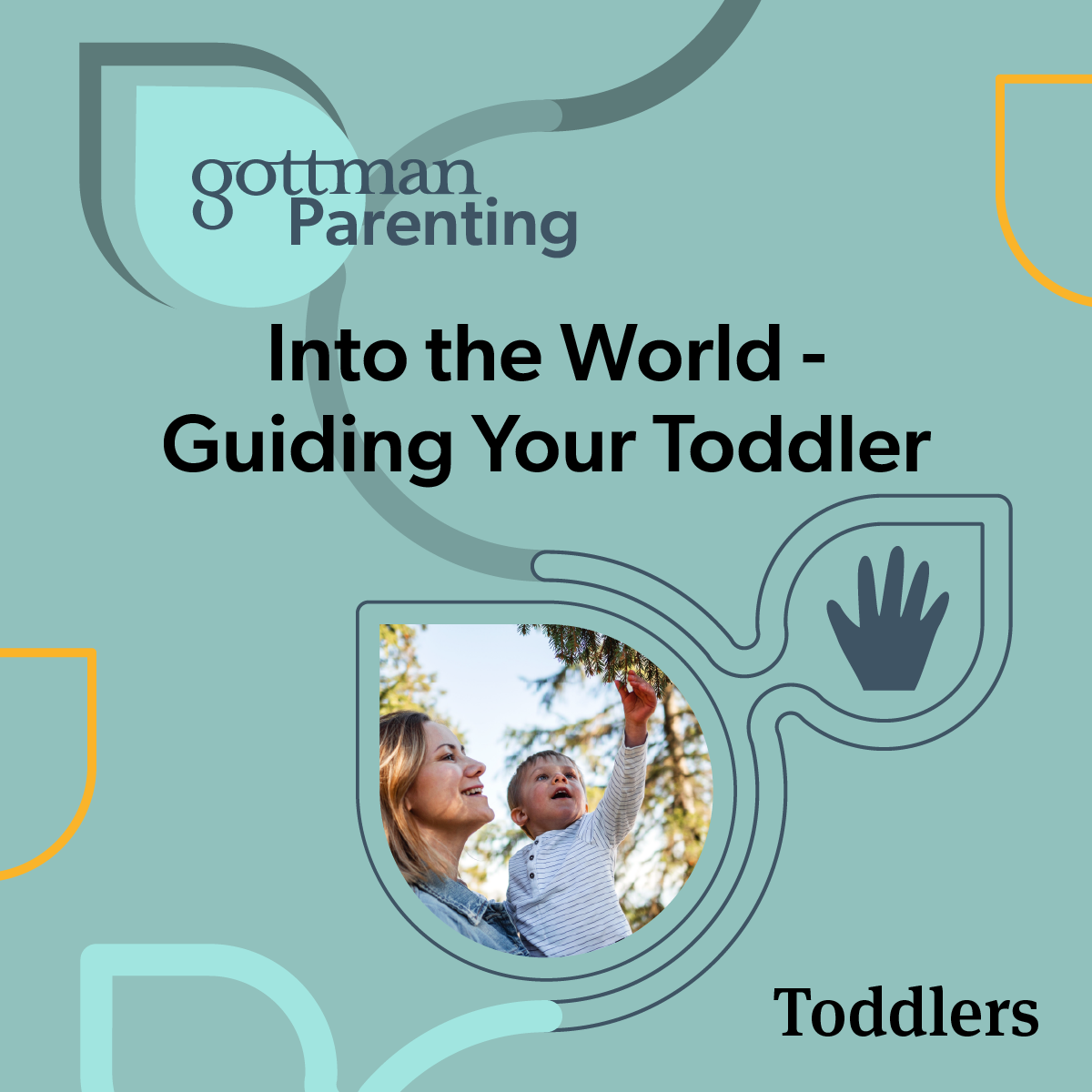Dr. Edward Tronick of UMass Boston’s Infant-Parent Mental Health Program conducts research on how mothers’ depression and other stressful behaviors affect the emotional development and health of infants and children.
Jason Goldman published Thoughtful Animal about Tronick’s 1975 experiment, the impact it had in understanding child development, and how it’s being used, including to predict child behavior:
In 1975, Edward Tronick and colleagues first presented the “Still Face Experiment” to colleagues at the biennial meeting of the Society for Research in Child Development. He described a phenomenon in which an infant, after three minutes of “interaction” with a non-responsive expressionless mother, “rapidly sobers and grows wary. He makes repeated attempts to get the interaction into its usual reciprocal pattern. When these attempts fail, the infant withdraws [and] orients his face and body away from his mother with a withdrawn, hopeless facial expression.” It remains one of the most replicated findings in developmental psychology.
Once the phenomenon had been thoroughly tested and replicated, it became a standard method for testing hypotheses about person perception, communication differences as a result of gender or cultural differences, individual differences in attachment style, and the effects of maternal depression on infants. The still-face experiment has also been used to investigate cross-cultural differences, deaf infants, infants with Down syndrome, cocaine-exposed infants, autistic children, and children of parents with various psychopathologies, especially depression.The video below portrays the natural human process of attachment between a baby and mother and then the effects of non-responsiveness on the part of the mother: As Rick Ackley suggests in this article from his blog The Genius in Children, “While the video shows the importance of mother-child attachment, it also reveals something else of vital importance to parents and all other educators. Watch it again. Is the baby experiencing a loss of attachment or a loss of agency?” Agency refers to the subjective awareness that one is initiating, executing, and controlling one’s own actions in the world. When we “still face” our children by ignoring their expressions of emotion, for example, they may experience a loss of agency. Show your child respect and understanding in moments when they feel misunderstood, upset, or frustrated. Validate their emotions and guide them with trust and affection. Your child’s mastery of understanding and regulating their emotions will help them to succeed in life. Dr. Gottman calls this being an “Emotion Coach.” The five essential steps of Emotion Coaching are as follows:
- Be aware of your child’s emotion
- Recognize your child’s expression of emotion as an opportunity for intimacy and teaching
- Listen with empathy and validate your child’s feelings
- Help your child learn to label their emotions with words
- Set limits when you are helping your child to solve problems or deal with upsetting situations appropriately
Sign Up and Join Our Community!
Sign Up and Become a Super Parent
Become a Super Parent
As a Super Parent you get:
- Exclusive access to the Gottman Parenting Newsletter
- Special pricing offers and discounts
- $58 saving on the Gottman Toddlers Bundle
- Parenting tool and case study on "Toddler Boundaries and Meltdowns: The Secret to Setting Limits"
- Get weekly notifications of new Parenting Blog Posts










